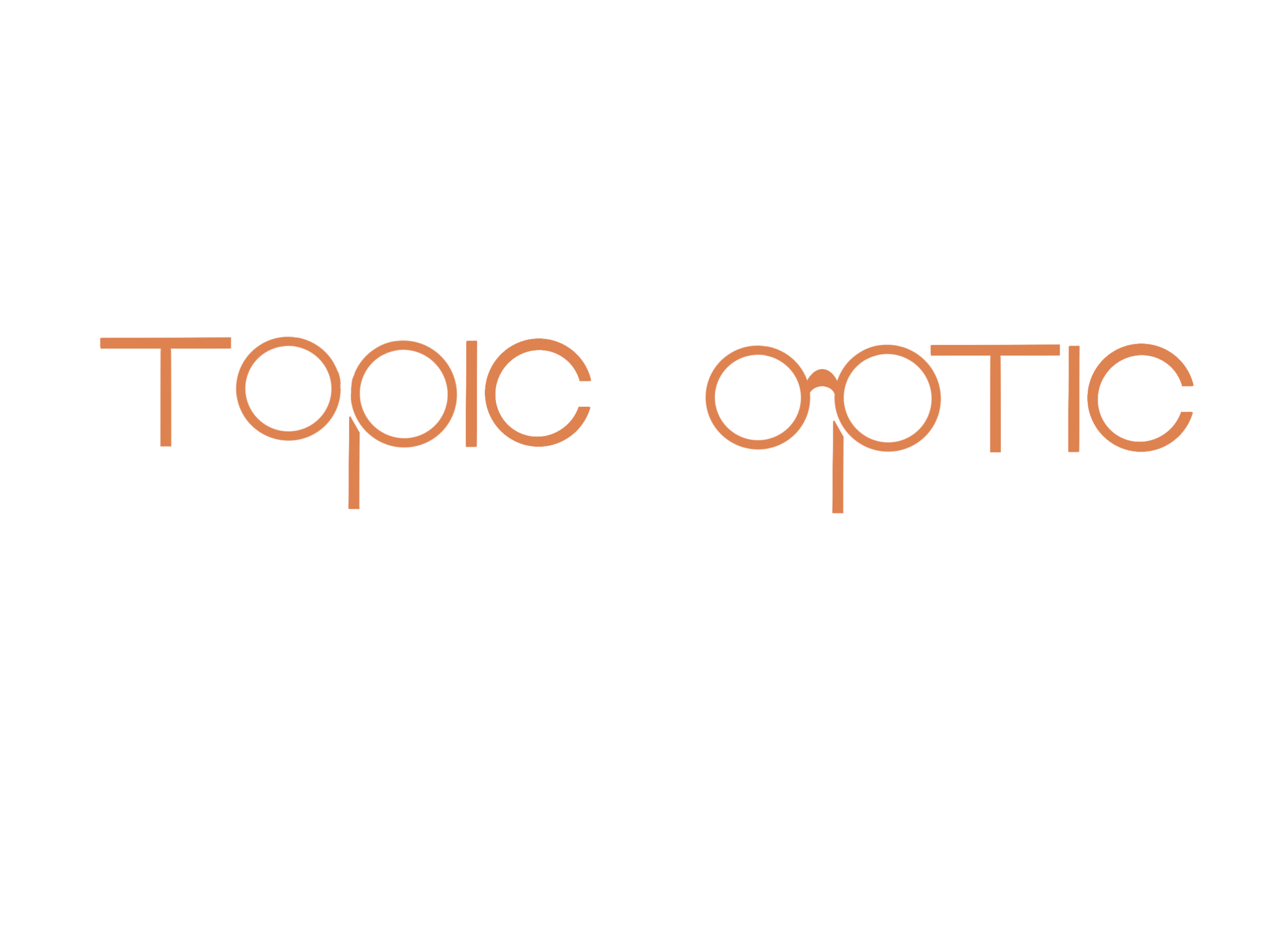Night Blindness
What Is Night Blindness (Nyctalopia)?
Night blindness, or nyctalopia, refers to difficulty seeing in low light or darkness. While it’s normal for it to take some time for the eyes to adjust from bright to low light, those with night blindness experience a marked difficulty in this transition. This condition doesn’t mean complete blindness at night, but rather, it’s a symptom of an underlying condition affecting vision, such as myopia, cataracts, or a deficiency of Vitamin A.
Symptoms of Night Blindness:
Symptoms of night blindness can include:
- Difficulty seeing when moving from a brightly lit area to a darker area
- Trouble driving at night due to glare from streetlights and headlights
- Poor vision in dimly lit environments, such as restaurants or movie theaters
- Excessive squinting at night
- Longer time needed for eyes to adjust from bright to dark settings
Treatment for Night Blindness:
Treatment for night blindness depends on its cause:
- Corrective Lenses: For nearsightedness.
- Cataract Surgery: If cataracts are the cause.
- Vitamin A Supplements: For night blindness due to a dietary deficiency.
- Managing Underlying Conditions: For other eye conditions, managing the underlying cause is key.
Prevention of Night Blindness:
While not all causes of night blindness are preventable, some measures can be taken:
- Ensure a diet rich in Vitamin A, which is vital for eye health. Foods high in Vitamin A include carrots, sweet potatoes, and green leafy vegetables.
- Regular eye examinations to detect and treat vision problems early.
- Protecting your eyes from excessive sunlight with sunglasses.
- If you’re diabetic, regular monitoring and control of your blood sugar levels.
To learn more about night blindness, their causes, diagnosis, and surgical options, visit your optometrist.
Please note that this information is provided for informational purposes only and should not substitute professional medical advice. If you suspect you have night blindness or any eye-related concerns, it is important to consult with an eye care professional for a proper evaluation and personalized recommendations.

